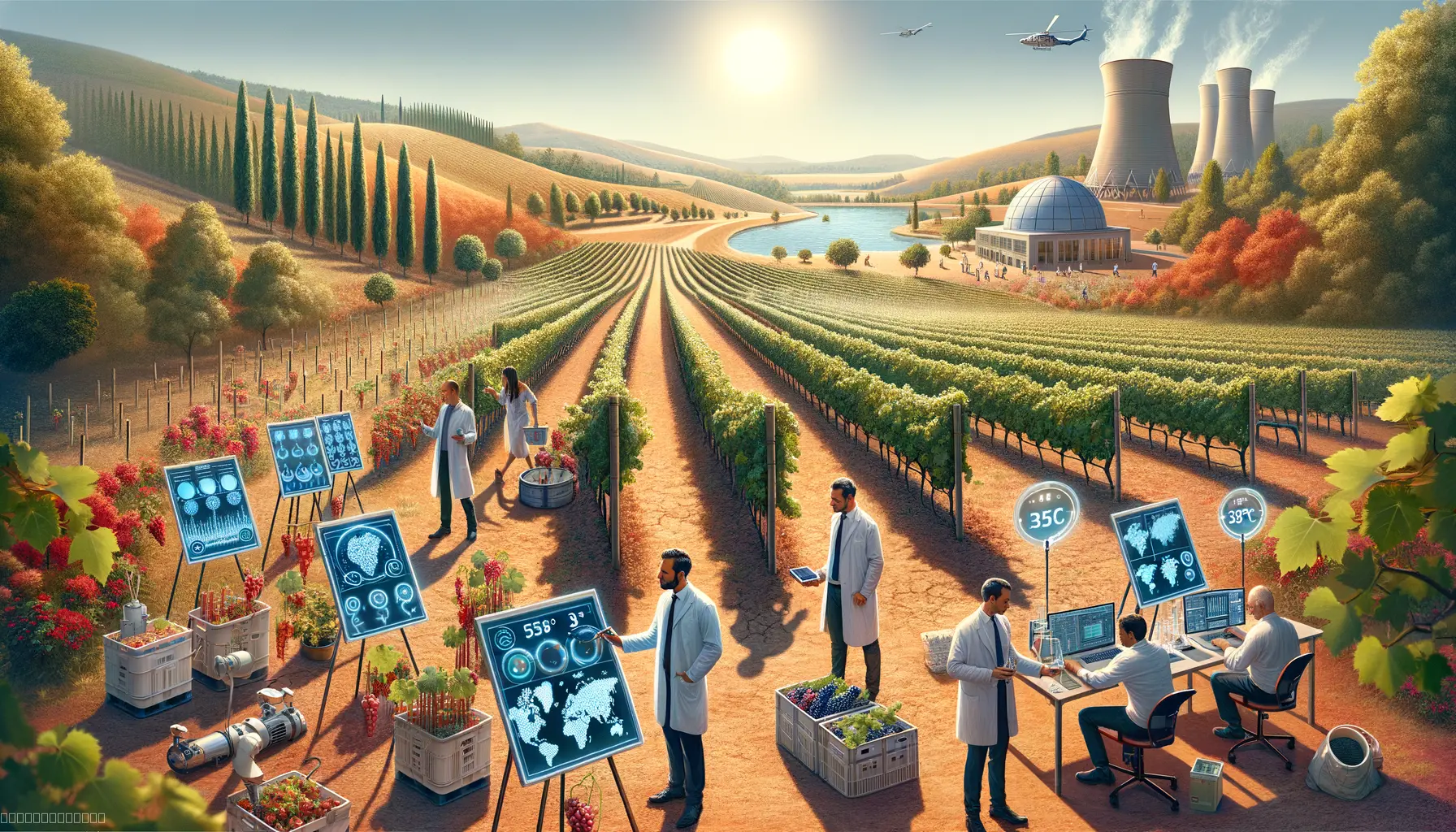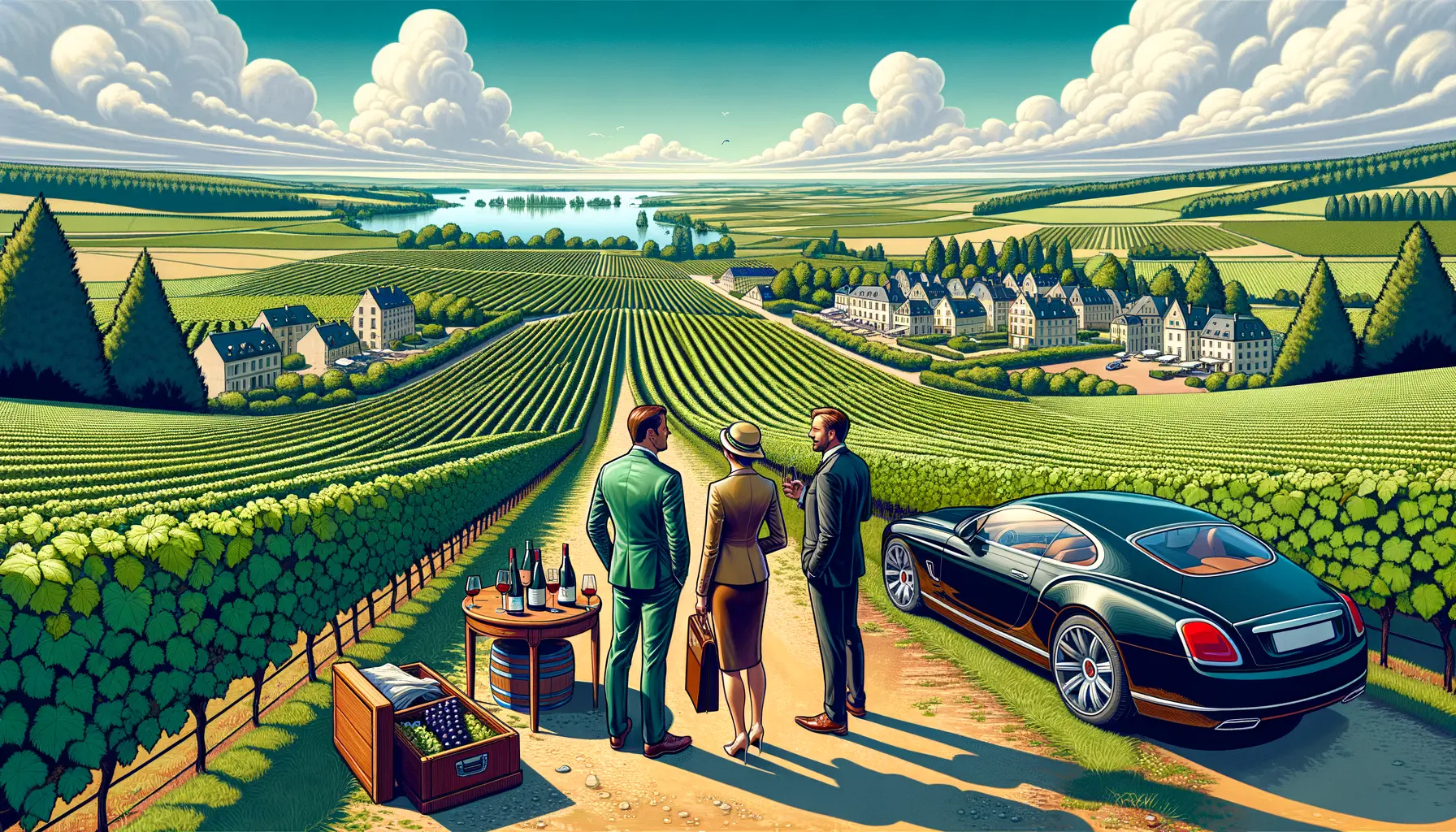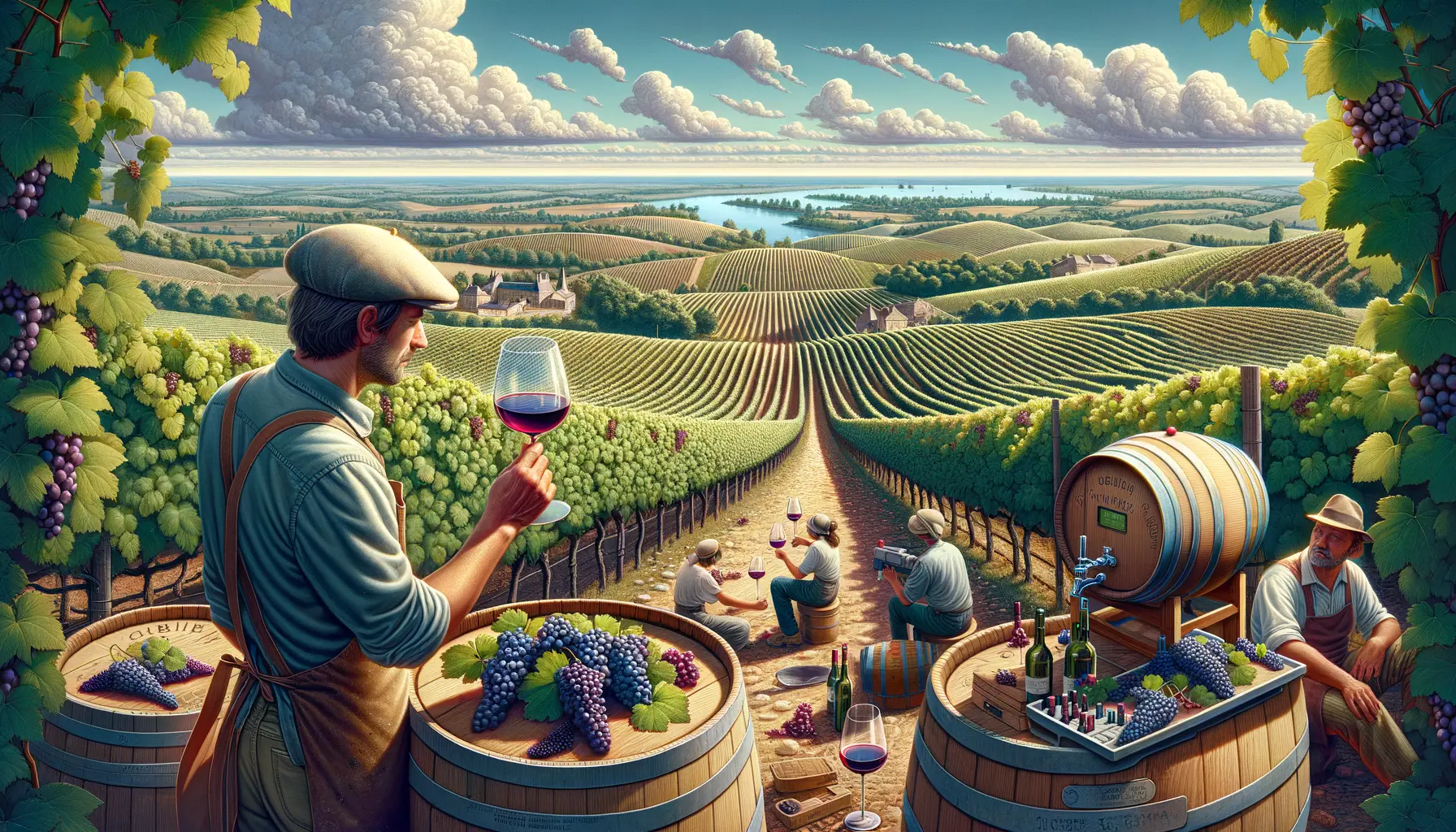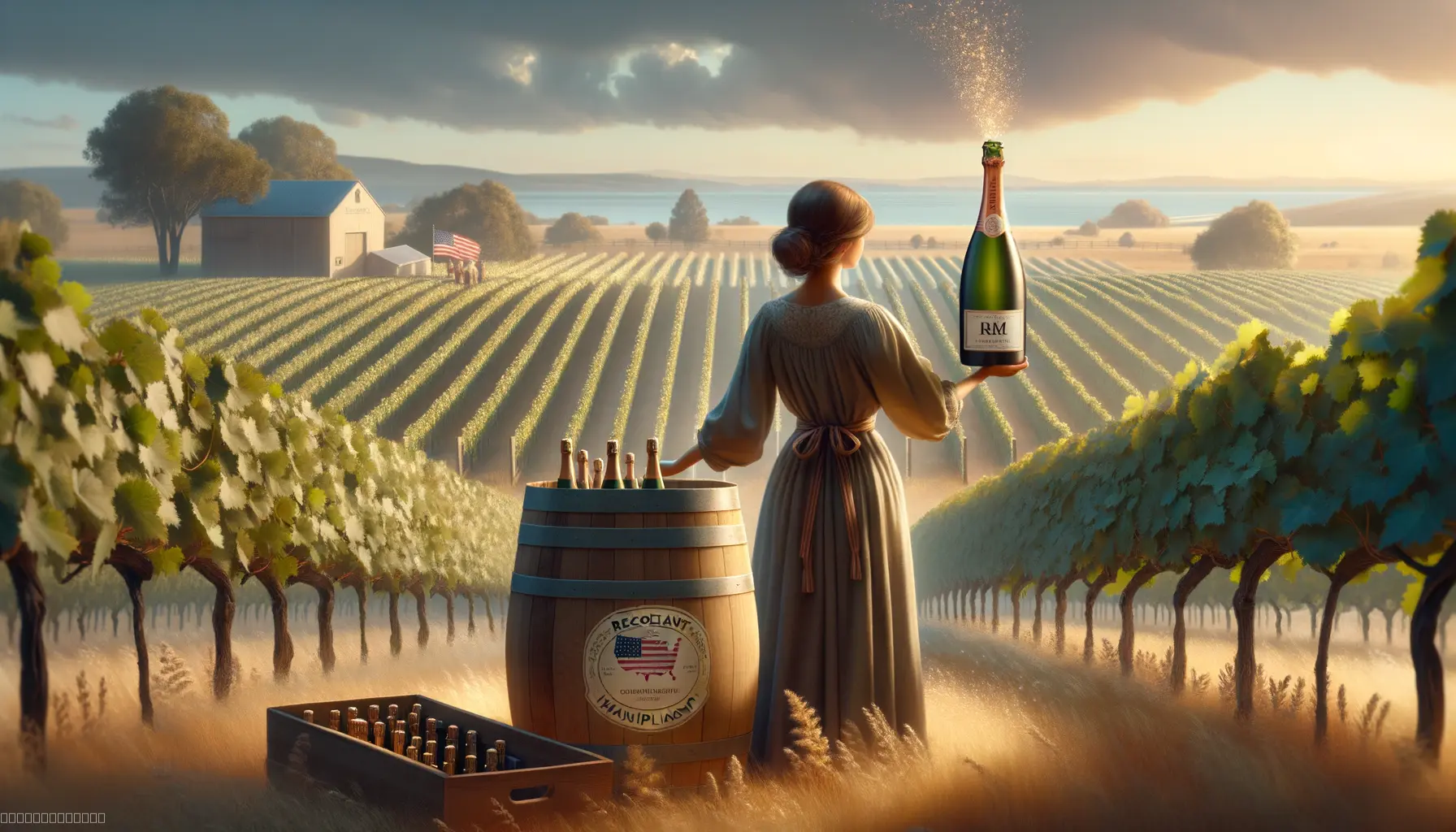
One of Europe's most compelling wines, Deocoupage, sells for $1,000 a bottle, yet its taste remains a mystery to most. This extraordinary wine is a blend of grapes grown in the backyards of residents of Izium, Ukraine, during Russian occupation from April to September 2022. When human rights activist Tetiana Burianova visited Izium in November, locals eager to share their stories and fruits with her. She hand-collected the grapes, brought them to a Kyiv-based winemaker, and created 200 bottles of Deocoupage—a deeply political wine symbolizing resistance and liberation.
A Symbol of Resistance and Liberation
Edward Akrout, CEO and founder of Art Shield, emphasizes that these grapes were both grown under Russian occupation and harvested upon liberation. The wine serves as a powerful testament to the resilience and humanity of the people of Izium. Wine has always been about land, and in the context of war, producing wine underscores people's deep connection to their places of origin—the terroir of human experience.
Historical Context: Wine in Wartime
Wine and World War II
The significance of wine in conflict is not new. During World War II, when Germany occupied most of France, wine played a crucial role in both oppression and resistance. German soldiers confiscated nearly two million bottles of Champagne in their first few weeks in the region and imposed harsh demands on French winemakers. Moët & Chandon was forced to supply 50,000 bottles of Champagne weekly to Germany. French winemakers fought back by hiding valuable bottles and sharing intelligence with Allied fighters. François Taittinger even spent time in jail for his acts of resistance.
In 1945, a French army sergeant discovered half a million bottles of stolen Bordeaux, Burgundy, and Champagne in Adolf Hitler’s fortress, highlighting the integral role these wines played in French heritage and identity.
The Soviet Era and Georgian Wine Resistance
From 1921 to 1991, the Soviet Union enforced mandatory collectivization of all agriculture, including wine grapes, in Georgia. This act led to widespread food shortages and a significant psychological blow to Georgians. However, some Georgians secretly maintained backyard plots of indigenous grapes, bribing Soviet inspectors and supplying wine on the black market.
Ramaz Nikoladze, a Georgian winemaker, continues to cultivate Tsolikouri and Tsitska grapes in the same plot planted by his great-grandfather before the Soviet era, preserving his family's viticultural heritage.
Preserving Viticultural Heritage: The Story of Massaya Winery
Sami Ghosn, co-owner of Massaya winery in Lebanon’s Bekaa Valley, fled Lebanon during its civil war but returned nearly 20 years later to restore his family’s estate. For months, he slept on its roof with a rifle for protection and spent years rebuilding it. Today, Massaya produces arak and wines that are exported globally, serving as emissaries for Lebanon’s rich culture and history.
Deocoupage: A Message in a Bottle
Purchasing a bottle of Deocoupage not only supports war-affected regions but also serves as a tangible legacy of resilience. All proceeds from Deocoupage sales go to Superhumans, an organization that provides prosthetic limbs to injured Ukrainians. Many buyers plan to open their bottles upon Ukrainian victory, celebrating the symbolic liberation through this unique wine.
For the people of Izium, Deocoupage is quite literally a message in a bottle, immortalizing their stories of survival. By sharing this wine, they are sharing their history and resilience with the world.
Preserving History Through Wine
Wines like Deocoupage create connections among far-flung communities and build tangible legacies of resistance and hope. In times of conflict, they serve as powerful symbols of heritage, identity, and resilience.
For those inspired by these stories, joining a community that supports viticultural heritage and resilience is a meaningful step. Visit Quincy to learn more and become part of this journey.
In any conflict, the preservation and celebration of viticulture stand as a testament to human resilience and cultural identity. Through wines like Deocoupage, stories of survival and hope are shared worldwide, turning each bottle into an emissary of history and spirit.




